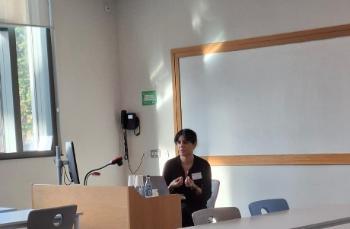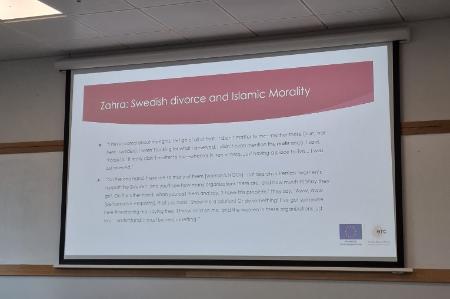-
Courses

Courses
Choosing a course is one of the most important decisions you'll ever make! View our courses and see what our students and lecturers have to say about the courses you are interested in at the links below.
-
University Life

University Life
Each year more than 4,000 choose University of Galway as their University of choice. Find out what life at University of Galway is all about here.
-
About University of Galway

About University of Galway
Since 1845, University of Galway has been sharing the highest quality teaching and research with Ireland and the world. Find out what makes our University so special – from our distinguished history to the latest news and campus developments.
-
Colleges & Schools

Colleges & Schools
University of Galway has earned international recognition as a research-led university with a commitment to top quality teaching across a range of key areas of expertise.
-
Research & Innovation

Research & Innovation
University of Galway’s vibrant research community take on some of the most pressing challenges of our times.
-
Business & Industry

Guiding Breakthrough Research at University of Galway
We explore and facilitate commercial opportunities for the research community at University of Galway, as well as facilitating industry partnership.
-
Alumni & Friends

Alumni & Friends
There are 128,000 University of Galway alumni worldwide. Stay connected to your alumni community! Join our social networks and update your details online.
-
Community Engagement

Community Engagement
At University of Galway, we believe that the best learning takes place when you apply what you learn in a real world context. That's why many of our courses include work placements or community projects.
News & Events
Dr. Tiba Bonyad Presents at the IALT Annual Conference 2025
On 22 November 2025, Dr Tiba Bonyad, Postdoctoral Researcher for the BILQIS project at the Irish Centre for Human Rights, presented her latest research at the Irish Association of Law Teachers (IALT) Annual Conference, held at Ulster University.
Her paper, “In the Margins of the Law: Navigating Access to Islamic Divorce in Sweden,” offers a detailed examination of how Shia Muslim women in Sweden navigate Islamic divorce processes in a context shaped by legal pluralism, multicultural policy, and strong welfare-state institutions. Sweden’s lack of a direct colonial history in the Muslim world provides a distinctive setting in which to study the interaction between Islamic family law, state law, and community-level religious authority. Dr Bonyad’s analysis combines a close reading of a Swedish high court decision on mahr (the Islamic bridewealth) with qualitative interviews with Iranian and Afghan women who have sought Islamic divorce.


Her study shows how these women interpret and mobilise mahr, how they contend with competing sources of authority, and how local and transnational religious actors influence their lived experiences of Islamic family law. The research highlights the strategies women develop to move between institutional and religious systems and illuminates the broader dynamics of agency, legal reasoning, and gendered vulnerability within diasporic Muslim communities in Scandinavia.















